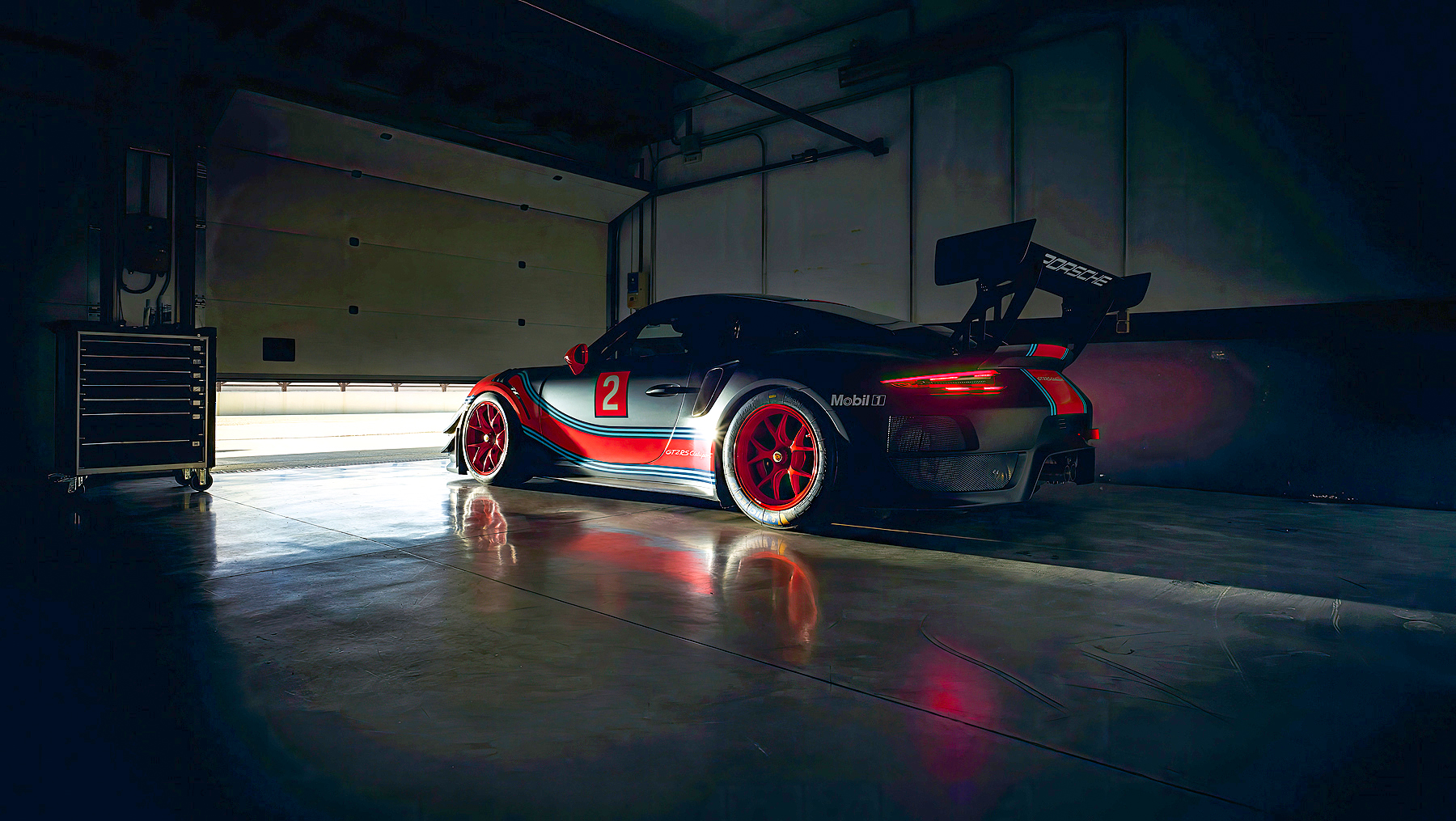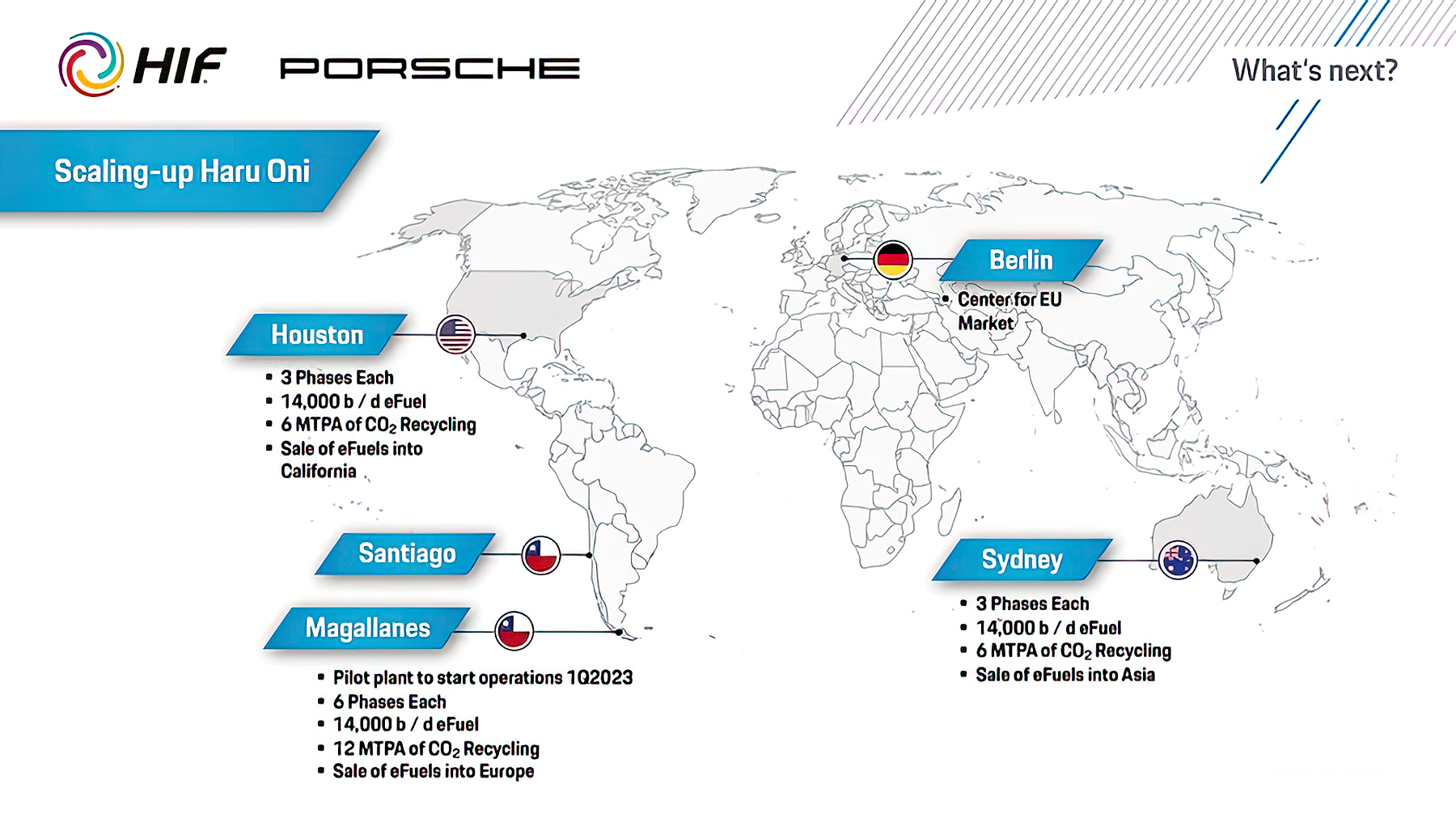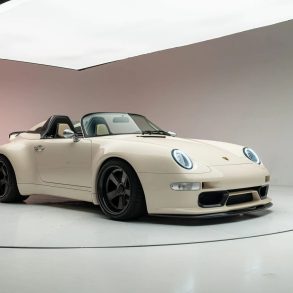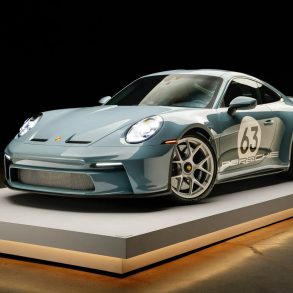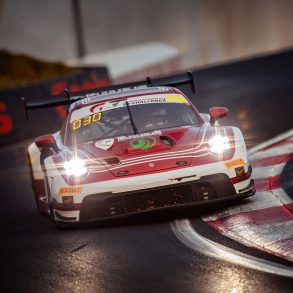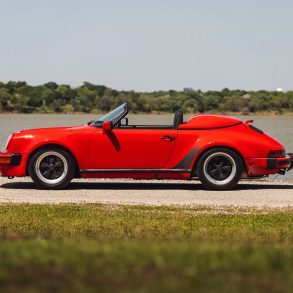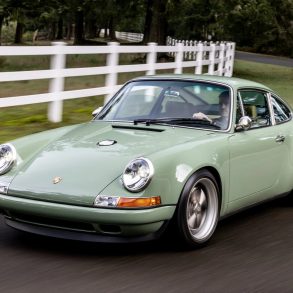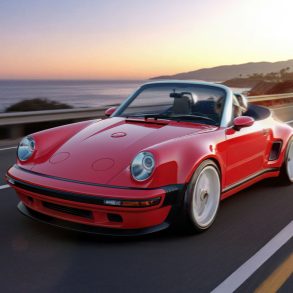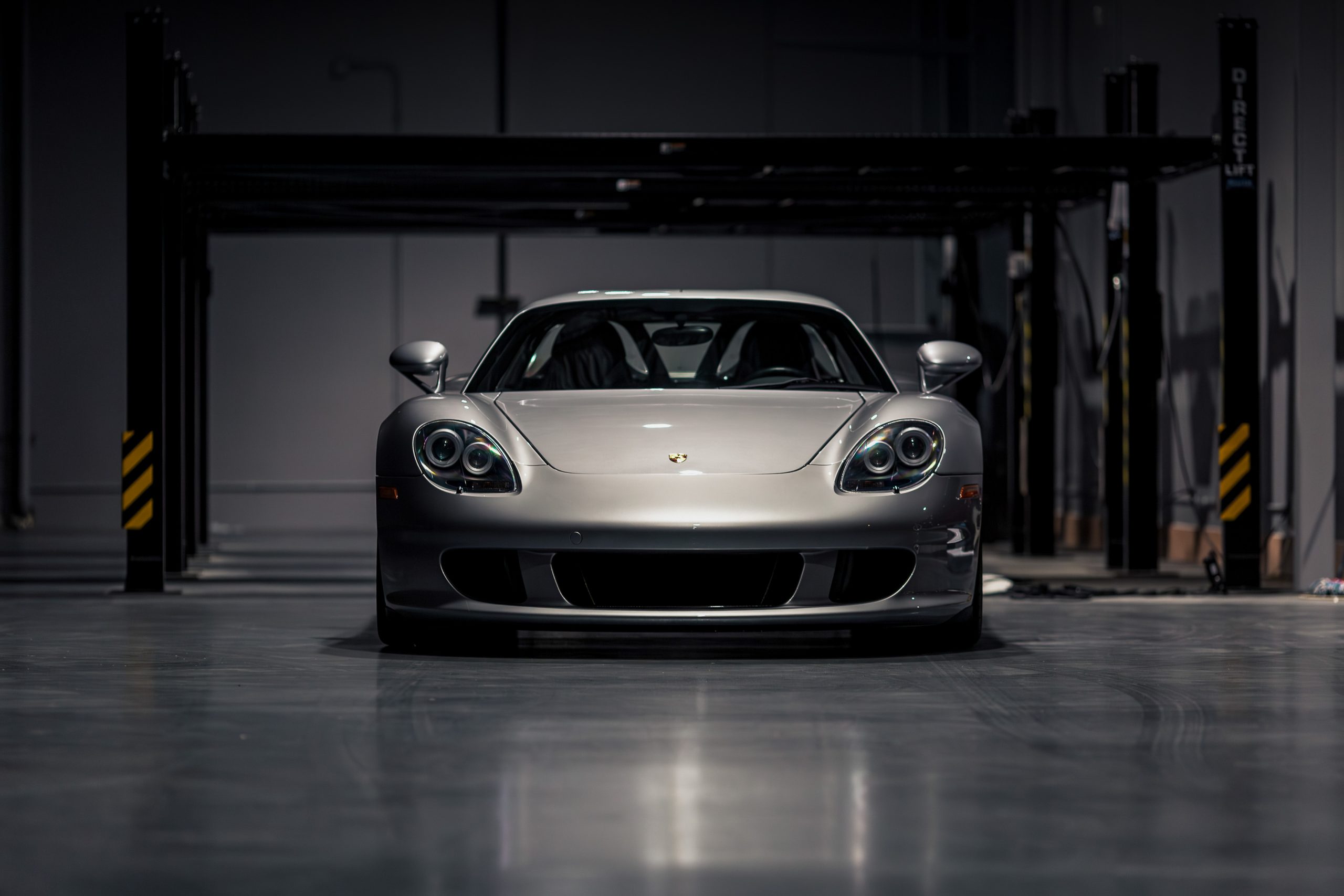The Introduction of a Hybrid drivetrain
On the surface, there isn’t much to be surprised about regarding the recent announcement of the upcoming Porsche 911 GT2 RS. We all anticipated its inevitable arrival for the current 992-generation. What is likely to have raised some eyebrows are the rumors swirling around which point to the new GT2 RS coming equipped with a mild hybrid drivetrain. Truly, a bold transformation for the company’s flagship 911 performance model. The timing of this news is no coincidence with respect to all the other future-proofing operations that Porsche has been heavily engaged in over the past decade.
I’ve been closely following Porsche’s eFuels project, and it looks as though the roll-out of the 992 GT2 RS—slated to be sometime in 2026—would perfectly complement Porsche’s clean energy initiative and serve as an incredibly effective moving billboard for the automaker’s image going forward.
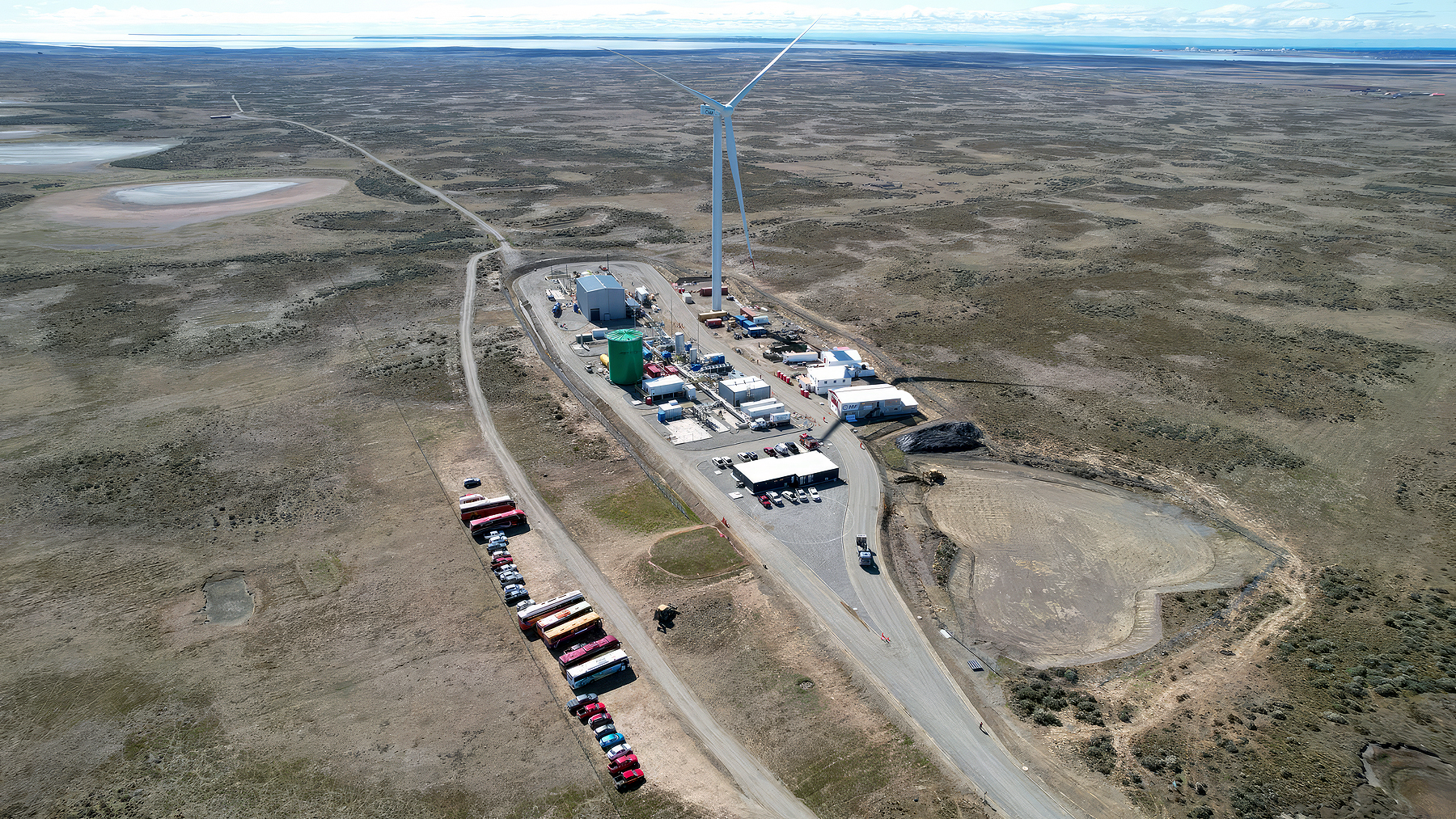
While mild hybrid drivetrains may feature on more affordable 911 models before then, the GT2 RS will still be the ultimate culmination of this technology when it rolls off the production line, and could hold that position indefinitely.
Convergence Of Events Was Years In The Making
In a general sense, Porsche is already treading knee-deep in EV waters, with the Porsche Taycan proving that the company’s sportscar DNA can still be imbued into a zero-emissions platform. I think it’s safe to say that things are off to a good start there.
Behind the scenes, Porsche has also been hard at work implementing its newly acquired electric know-how into the rest of their line-up, with recent news confirming that the 718 Cayman/Boxster and 911 models would also be subject to the company’s overall strategy going forward.
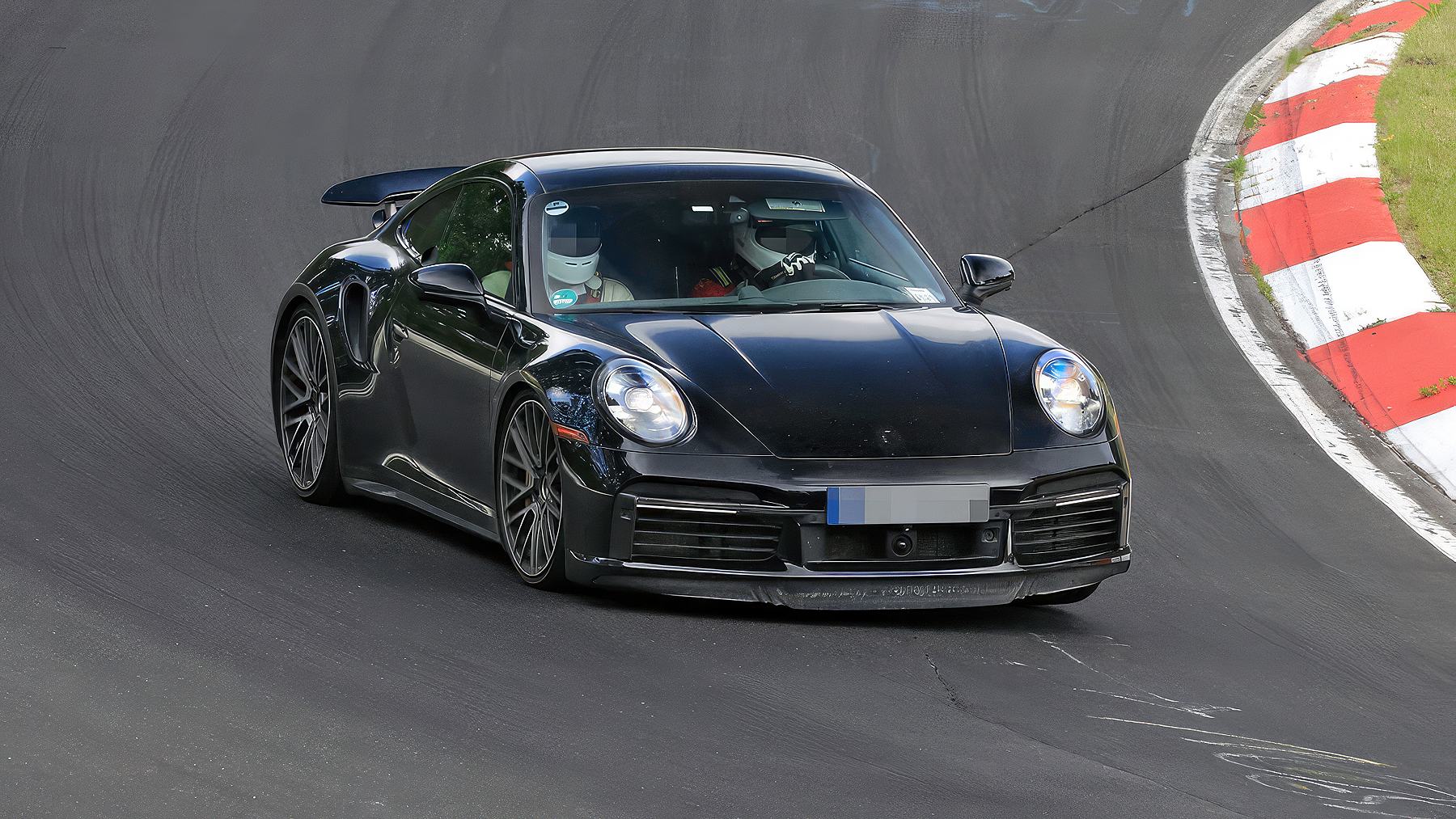
While the entry-level sports car “twins” are purported to be fully-electric when the next-gen arrives (as soon as 2025), the 911 looks more likely to be spared its internal combustion engine on the premise that it becomes hybridized.
Still, the German automaker has been relatively coy on the matter—on the surface, a hybrid version of Porsche’s poster-boy-GT-car probably caught some people off-guard.
Starting To Make A Lot Of Sense
However, if you’ve been keeping an eye on the recent trajectory of exotic-level performance cars (i.e. hypercars), you’ll know that hybrid technologies are already very much part of the equation in delivering objectively improved results.
Of course, Porsche already has the 918 Spyder—and let’s not forget all the E-Hybrid models—but as far as mild hybrids go, the new GT2 RS will have more relevance and relatability when it comes to showcasing what Porsche is truly capable of in this new age for production road cars.
What The New GT2 RS Could Look Like
According to reports, the new GT2 RS will derive its combustion engine from the 3.8L twin-turbocharged inline-6 used in the current 911 Turbo S. It will then be combined with a revised version of the mild hybrid motor seen in the 963 LMDh race car and be powered by a small battery pack that will recharge itself through braking.
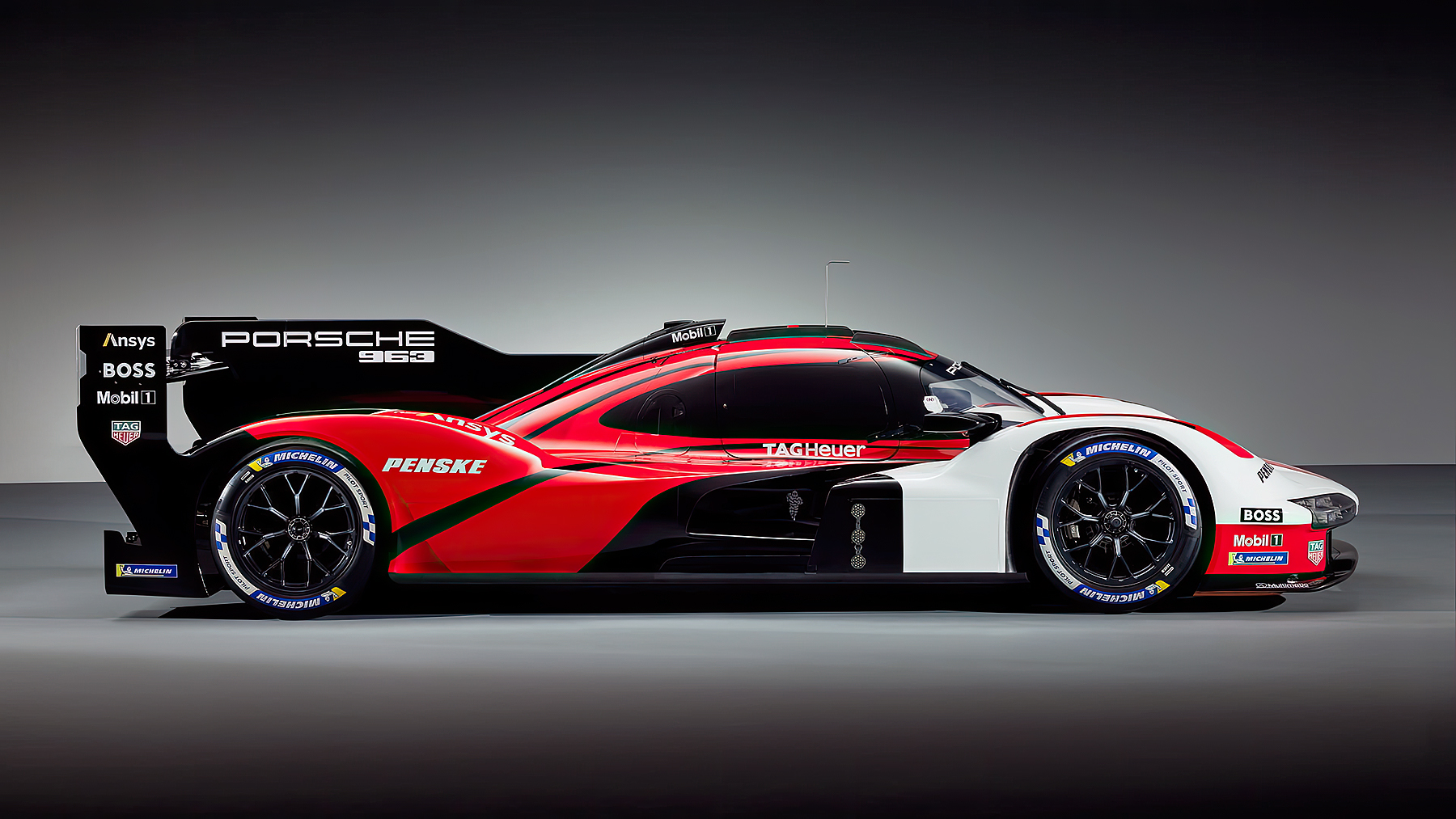
Sources have also indicated that we should not expect a massive spike in peak horsepower figures compared to the previous-gen 991 GT2 RS. Rather, there should be a much more efficiently delivered power curve where instant throttle response—as is characteristic with EVs and hybrids—will become a key component in improving the overall driving experience and performance factor.
We can assume that Porsche has also spent plenty of time perfecting the “tetris” when it comes to mounting all the new mild hybrid hardware, in a way that does not diminish the weight balance and handling impressions of the car.
There are indications that the engineers plan to mount the battery pack under the rear seats, which would put more weight in front of the rear axle—in theory, this would bring it closer to being a mid-engine car, which might actually be a good thing. Either way, trust that Porsche will figure out what’s best.
In terms of appearances, we can expect that the upcoming GT2 RS will also share many of the most recognizable 992-generation design cues, and that it’ll likely build upon the already-radical image of the 992 GT3 RS and take things up another notch. Another game-changer by Porsche—I can’t wait to see this one!
eFuels & How They Fit Into The “Green” Jigsaw Puzzle
Let’s circle back to the eFuels conversation. Late last year, Porsche officially unveiled its new eFuels “Haru Oni” pilot plant in Chile.
In primary partnership with Chilean operator, Highly Innovative Fuels (HIF), this also kicked off the beginning of the German automaker’s foray into the industrial production of synthetic/bio fuels.
“eFuels” is Porsche’s own nomenclature for what are actually synthetic fuels (often referred to as bio fuels). Porsche utilizes the facility to produce eFuels using a process powered by wind turbines, which refines water and carbon dioxide into a motor-grade fuel.
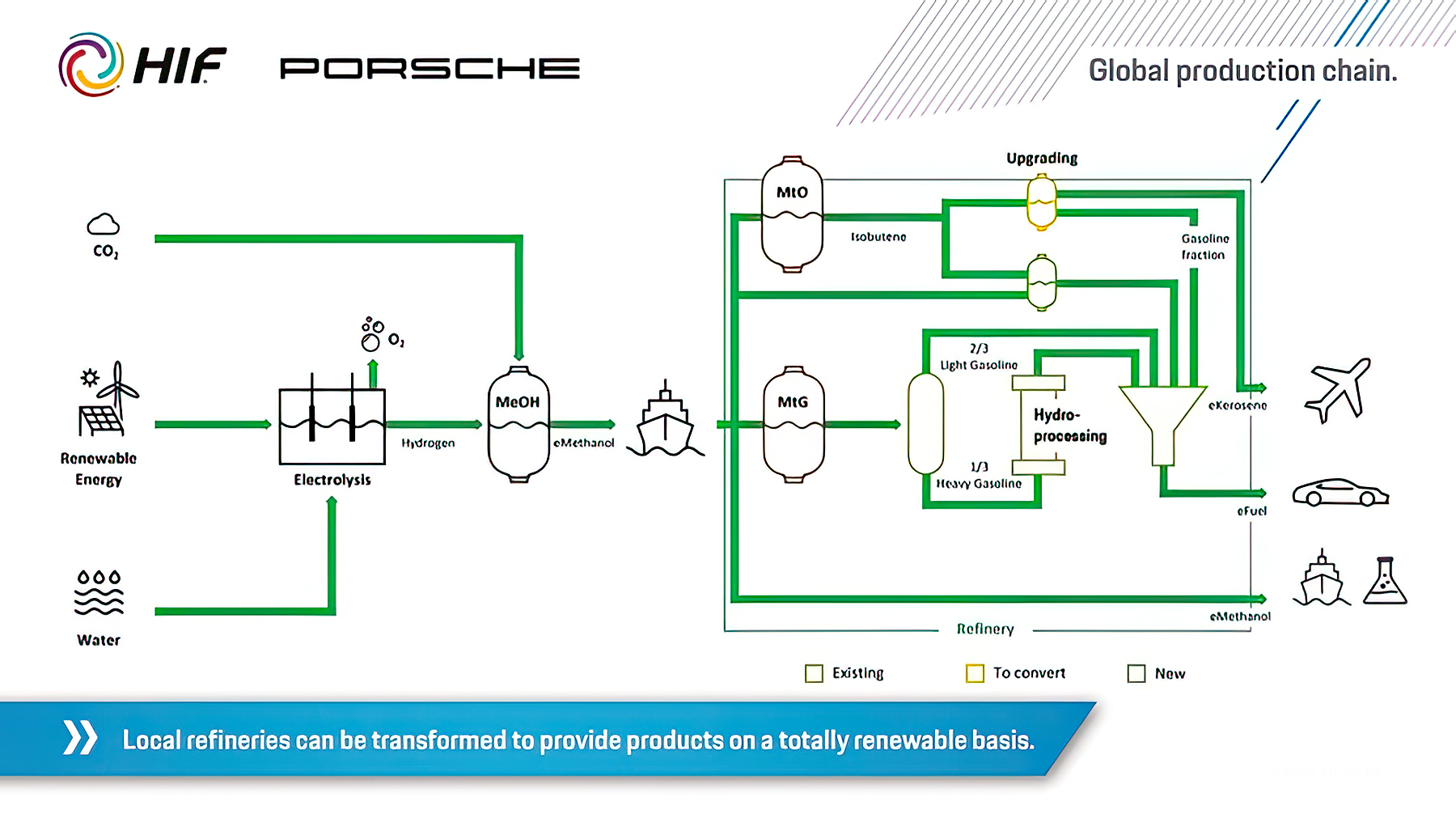
In application, the only distinction between eFuels and traditional petrol is in the emissions produced through each of their refinement processes. While the latter will emit pollutants into the atmosphere, eFuels production only releases byproducts such as oxygen and other lighter, less toxic gasses which can more easily be captured.
To start with, this makes eFuels production much more environmentally friendly to begin with, while also setting up an attainable path towards the operation of truly net-zero CO2 automobiles*. It could even have applications for other modes of transport, such as airplanes and semi trucks.
Furthermore, the chemical structure of eFuels is indistinguishable from that of conventional gasoline. This means that they can be used with existing internal combustion technologies on a like-for-like basis, and that an overhaul of engine blueprints being used today won’t be necessary.
*to further clarify: yes, this is very much an altruistic endeavor—eFuels are being produced for use in all automobiles, not just Porsches.
Why Porsche Is Betting Big On eFuels
It’s already clear looking through a scientific lens—and by proxy, an environmental one, too—that eFuels can function as a direct and ecologically sound replacement for conventional gasoline. It looks to be a “win-win scenario”, in every sense of the phrase.
Porsche has already been piloting synthetic fuels in its motorsport programs with great success, proving that eFuels are every bit as legitimate as anything else powering the world’s highest performing cars, within the most demanding environments. The company has further plans to showcase the new technology through Porsche Experience Centers around the world.


